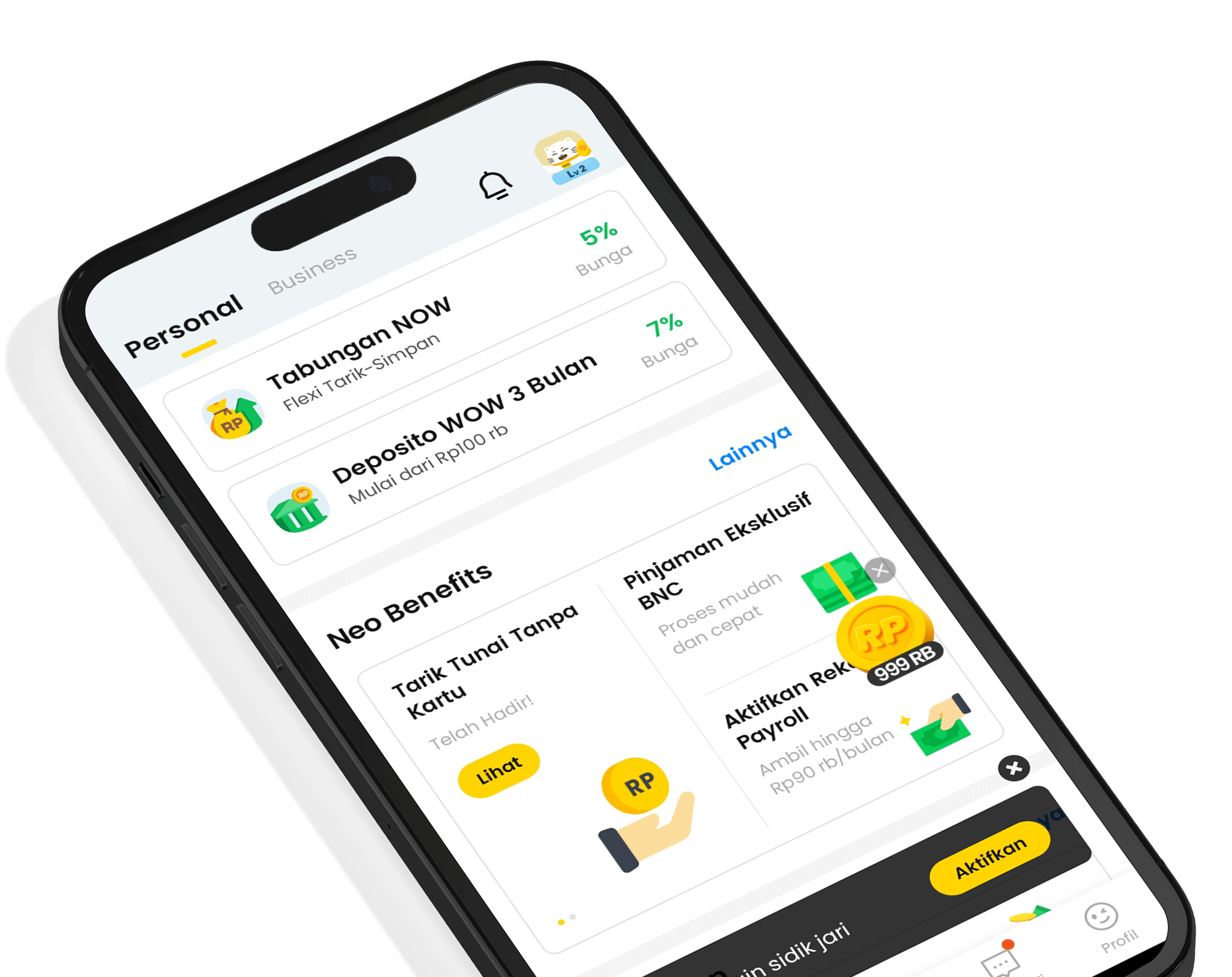
Bad credit is one of the most common financial problems many people face. According to Katadata, non-performing loans (NPLs) in 2022 accounted for 2.44% of the total credit disbursed, with a total value reaching IDR 156.7 trillion.
Bad credit not only disrupts the financial stability of lenders but can also damage the borrower’s credit reputation, making it difficult to secure loans in the future. Forget about applying for a mortgage or car loan—getting financing for a smartphone could even be denied. That’s why it's crucial to understand how to resolve bad credit issues.
What Is Bad Credit?
Bad credit, or a non-performing loan (NPL), occurs when a borrower is unable to make the agreed loan payments within the specified time. This can result from various factors, such as job loss, reduced income, unexpected expenses, or more severe circumstances like chronic illness or accidents.
This situation is harmful not only to the borrower but also to the lender or financial institution that provided the loan.
Impacts of Bad Credit
Bad credit can have serious consequences for both individuals and families. Some of the negative impacts include:
- Financial Losses: Inability to repay loans leads to accumulating interest and late fees, increasing the financial burden.
- Damaged Credit Reputation: A poor credit history will be recorded in your credit report, making it harder to get loans in the future.
- Stress and Psychological Pressure: The weight of financial debt often causes stress and mental strain, which may affect your overall well-being—especially if you’re being harassed by debt collectors via phone or face-to-face visits at your home or office.
Read: Healthy Income-to-Debt Ratio
Tips for Resolving Bad Credit
Dealing with bad credit requires the right strategy. Here are some steps you can take to overcome it:
1. Evaluate Your Financial Condition
The first step is to assess your finances thoroughly. List all sources of income and expenses to determine your ability to repay debts.
2. Communicate with the Lender
Don’t avoid your creditors. Contact them immediately to explain your financial situation and look for a solution together. Many are open to offering debt restructuring or rescheduling.
3. Debt Restructuring
If possible, request a debt restructuring. This could include lower interest rates, extended payment terms, or reduced monthly installments.
4. Prioritize Debt Payments
Prioritize which debts to pay off first—especially high-interest or most urgent debts. This will help reduce the burden of interest accumulation.
5. Find Additional Income
If you can, look for additional income streams to help pay off your debts. Consider part-time jobs or starting a small business.
6.Consult a Financial Expert
If managing your finances becomes too overwhelming, consider seeking help from a financial advisor. They can offer advice and strategies tailored to your situation.
7. Use Support Programs
Some financial institutions and government bodies offer assistance programs for those facing financial hardship. Check if you’re eligible for any of these programs.
8. Sell Unproductive Assets
If you have unused assets like vehicles or property, consider selling them. The proceeds can be used to pay off part or all of your debt.
How to Avoid Bad Credit in the Future
Besides learning how to resolve bad credit, it's just as important to know how to prevent it. Here are some prevention tips:
- Create a Monthly Budget
Always have a budget and stick to it. A budget helps control spending and ensures you have enough funds to repay your debts.
- Have an Emergency Fund
Save at least 3–6 months’ worth of living expenses in an emergency fund. This can help in cases like job loss or medical emergencies.
- Avoid Consumptive Debt
Limit the use of credit cards and loans for non-essential or luxury items. It's better to borrow for productive purposes like education or investment.
- Regularly Check Your Financial Health
Evaluate your financial condition regularly to stay on track. Any changes in income or expenses should be reflected in your budget.
- Learn Financial Management
Invest time in learning personal finance. Good financial literacy helps you make wise decisions and avoid falling into debt traps.
Read: Don’t Get Trapped by Illegal Loan Apps! Choose Safe and Trusted Options like Neo Pinjam
So, now you understand what bad credit is and how to deal with it. Avoid this situation whenever possible by following the principles mentioned above.
In addition to applying these strategies, you can also avoid bad credit by borrowing from trusted institutions or banks—for example, by applying for a loan with Neo Pinjam from neobank.
Download neobank on PlayStore or App Store now!
For complete information and terms & conditions regarding Neo Loan, visit the link https://s.id/webneoloan & if you want to apply for Neo Loan, click the link https://s.id/neoloan
***
PT Bank Neo Commerce Tbk is licensed and supervised by the Indonesia Financial Service Authority (OJK) and Bank Indonesia (BI), and an insured member of Deposit Insurance Corporation (LPS).


